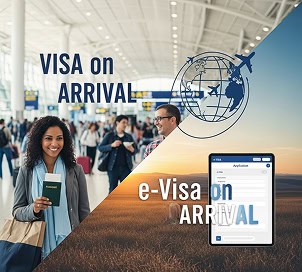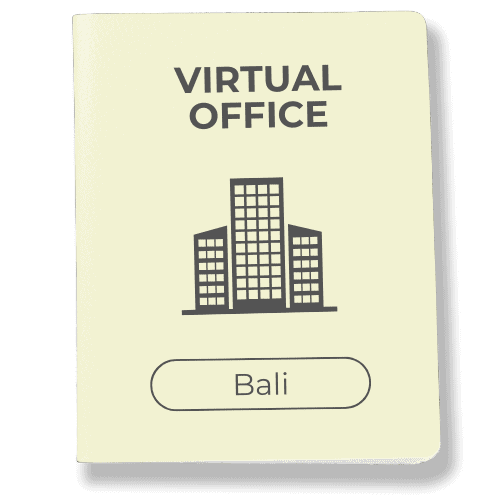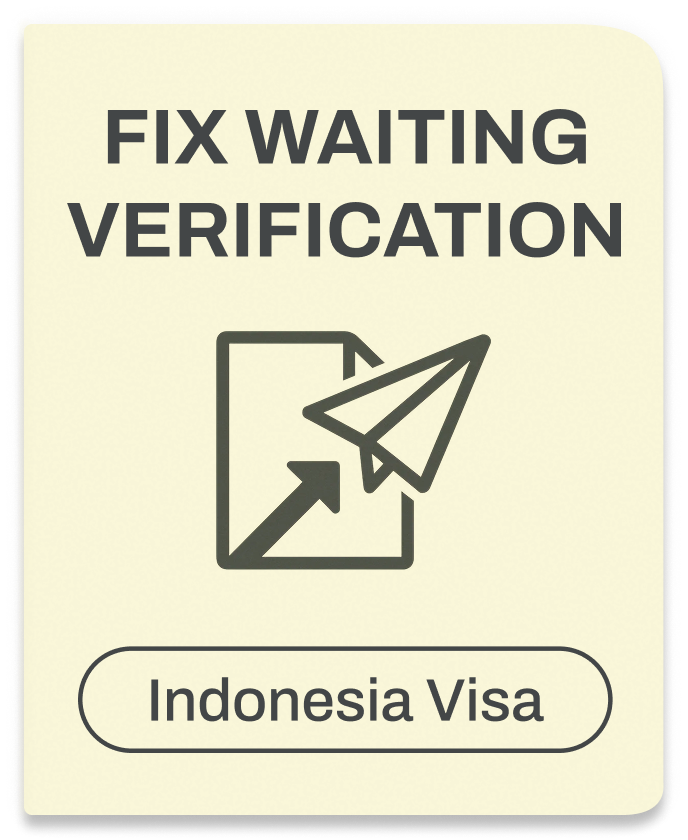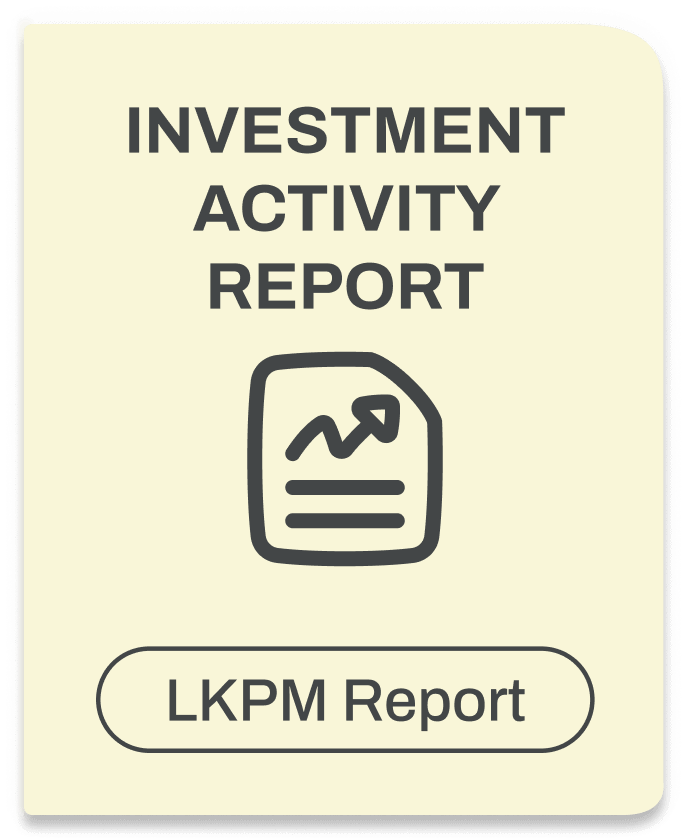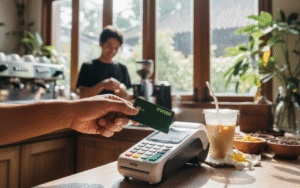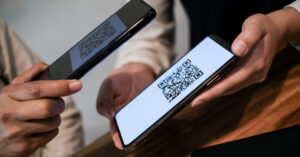IMEI Registration Bali, Indonesia
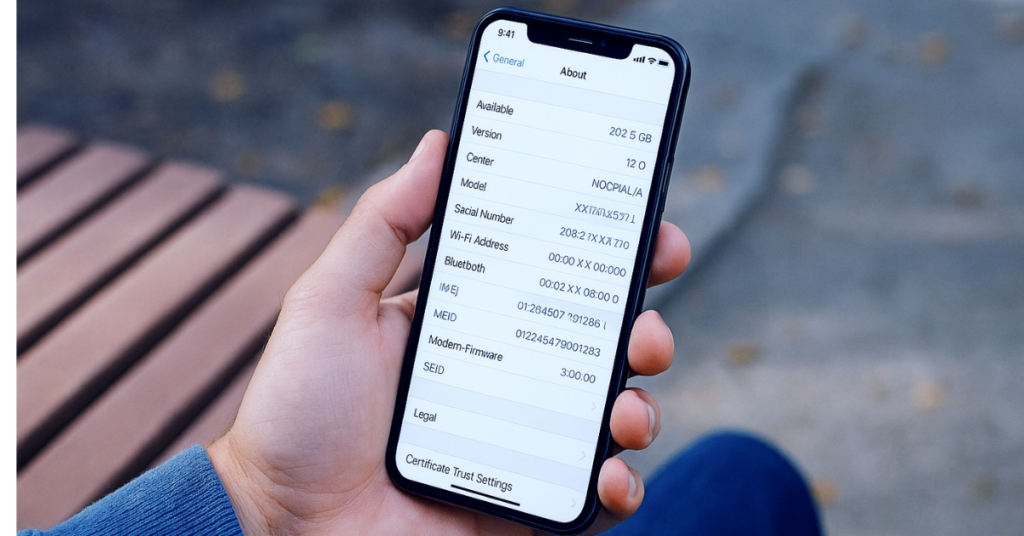
So, let’s talk about the IMEI number. IMEI stands for International Mobile Equipment Identity, a unique 15-digit number that acts like an identity card for your mobile phone. IMEI stands as a permanent, unchangeable fingerprint for your device. Every mobile phone has one, and it’s used to identify your device on mobile networks. IMEI registration is vital for mobile phones in Indonesia, where regulations require compliance for network access.
Understanding IMEI
IMEI registration in Indonesia is a crucial step for anyone planning to use a mobile phone in the country, whether you’re a tourist or a resident. The International Mobile Equipment Identity (IMEI) is a unique number assigned to every mobile device, and registering it is mandatory if you want to use a local SIM card.
The Indonesian government introduced this regulation to combat the use of illegal phones and to ensure that all mobile devices on local networks are legitimate. To register your IMEI, visit the customs office at Ngurah Rai International Airport in Bali or any other international airport in Indonesia. This process helps protect both users and the country’s mobile infrastructure, making it essential to register your IMEI before you start using your phone with a local SIM.
Why Is It Important?
The IMEI number comes in handy in various situations, especially if your phone is lost or stolen. By reporting the phone’s IMEI to your mobile service provider, they can block the device from being used on their network. This makes the device less attractive to thieves since they can’t easily use or sell it. Moreover, in dire situations, law enforcement can use the device’s IMEI number to track the phone’s location to a considerable degree of accuracy.
In Indonesia, registering IMEI is a government initiative aimed at controlling the use of illegal phones and ensuring compliance with regulations. Registering IMEI ensures your device is recognized and allowed to operate legally within the country. IMEI registration also helps prevent the illegal import of mobile phones by ensuring only registered devices can access local networks.
The Indonesian customs office plays a crucial role in this process. While registration might technically be possible at any customs office, many offices may not assist with this process, leading to a recommendation to register in Bali or Jakarta instead. When registering IMEI at official counters, there is usually no registration fee. Registering IMEI is essential to avoid restrictions on mobile network access and to combat the illegal market for phones.
How to Find IMEI Number
Finding your IMEI is easy. Dial *#06# on your phone, and the device’s IMEI number should appear on your screen. You can also find it in the ‘Settings’ menu under ‘About Phone’ or on the physical device itself, depending on the make and model of your phone. It’s a good idea to note this number and keep it somewhere safe if needed.
Who Needs to Register
If you plan to stay in Indonesia for over 90 days, you must register your phone’s IMEI. This requirement applies to tourists, expats, and business travelers who intend to use Indonesian SIM cards during their stay. If your phone was purchased abroad, registering its IMEI must be used with Indonesian SIM cards.
Registering your IMEI ensures that your mobile device remains functional and compliant with local regulations, allowing you to stay connected without issues. Many visitors choose a tourist SIM card for easy and affordable access to calls and data during their stay.
Benefits of IMEI Registration
Registering your IMEI in Indonesia comes with several important benefits. First and foremost, it enables you to use a local SIM card, which is often much more affordable and convenient than relying on international roaming. This means you can enjoy local rates for calls, texts, and data, making your stay in Indonesia smoother and more cost-effective.
Additionally, IMEI registration ensures your mobile device is recognized as legitimate under local regulations, helping you avoid any issues with customs or mobile operators. By registering, you also contribute to the fight against illegally imported phones, supporting a safer and more reliable mobile environment for everyone.
What Happens if the IMEI Is Not Registered
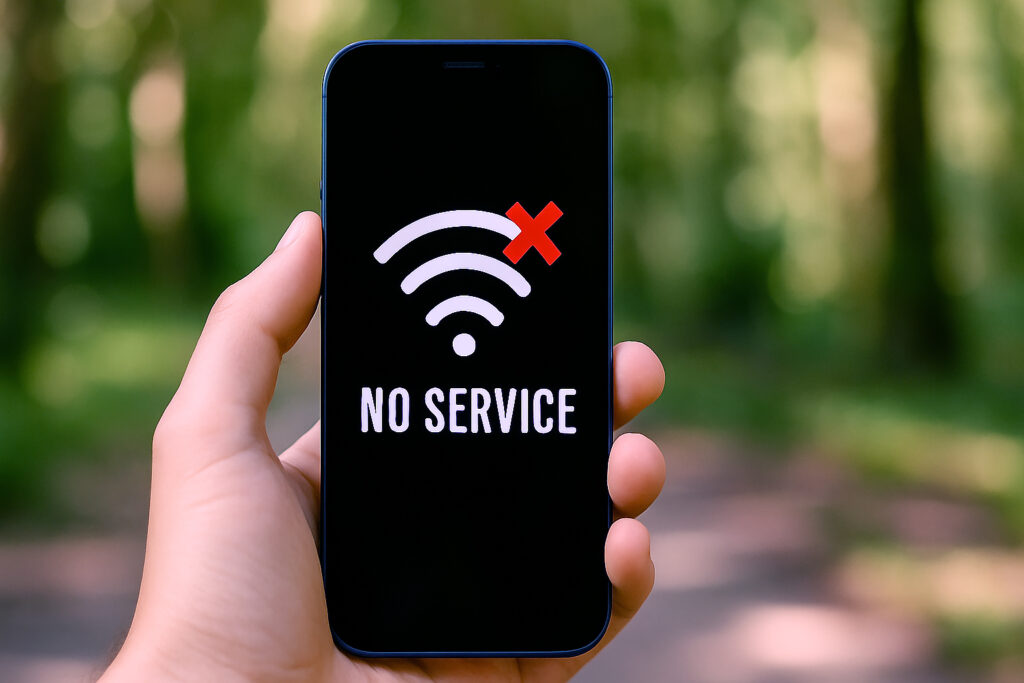
For tourists visiting Indonesia for less than 90 days, you can use your mobile phone with a local SIM card or a prepaid SIM card without needing to register your IMEI. This temporary allowance means you can enjoy local cellular services, like calls, SMS, and data, without any bureaucratic hassle.
This is particularly convenient for short vacations or business trips where registering might seem cumbersome. If you are using a phone abroad, consider whether to use roaming with your home SIM or switch to a local SIM card to avoid high international charges.
For those planning to stay longer than 90 days or tourists who leave and re-enter Indonesia within a short period, registering your phone’s IMEI becomes necessary. This is especially important for foreign phones, as network operators in Indonesia play a crucial role in managing mobile devices and ensuring security against theft.
If you plan to use your phone in Bali for an extended period, registering your device is essential to comply with local regulations and avoid service interruptions. After the 90-day grace period, any unregistered IMEI will be blocked from accessing cellular networks in Indonesia. This means your phone won’t be able to use local SIM cards for cellular services, although WiFi and services through your foreign SIM (via roaming) would still be operational.
How much does IMEI registration in Indonesia cost
If your mobile phone costs more than $500, there’s a specific tax detail you’ll want to know about. You’re in the clear for any device under that price, no tax needed. But for pricier gadgets, there’s a 40% tax on mobile phone values greater than $500. If your phone’s value exceeds the limit, you must pay tax based on the assessed value.
Here’s a tip: Registering your device upon arrival in Indonesia can dodge this tax for devices costing up to $500. Additionally, having an Indonesian tax number can provide significant discounts on these taxes, especially for individuals with a KITAS.
Let’s say you’re arriving with an iPhone 13 Pro Max 1TB, which costs more than $500, and a Redmi Note 7, under the $500 mark. If you register both devices right when you arrive, the Redmi Note 7 will definitely avoid the tax, and the iPhone might, too, depending on its registered value upon arrival.
Using a cheap phone like the Redmi Note 7 in Indonesia can be a wise choice, as it avoids extra taxes, saves you money, and is often compatible with local networks. So, it pays to get that registration done quickly to manage your phone costs effectively!
How to register your phone’s IMEI before arrival
You can easily find this number by dialing *#06# on most phones. If you’re using an iPhone, just head to Settings, tap on General, then About, and scroll down until you see your IMEI.
Also, if your phone was used or activated in Indonesia before April 18, 2020, it might already be registered, which is excellent news! You can quickly check whether your phone’s IMEI is registered by visiting the Indonesian Customs website.
If your device is not yet registered, you should consider registering it before arrival to ensure it will work on local networks. Make sure to have your phone purchase invoice ready, as it is required for the registration process at the airport.
Tourist registration is available for short-term visitors. This allows you to legally register your phone or SIM card for your stay in Indonesia.
How to do Indonesia IMEI Registration at The Airport
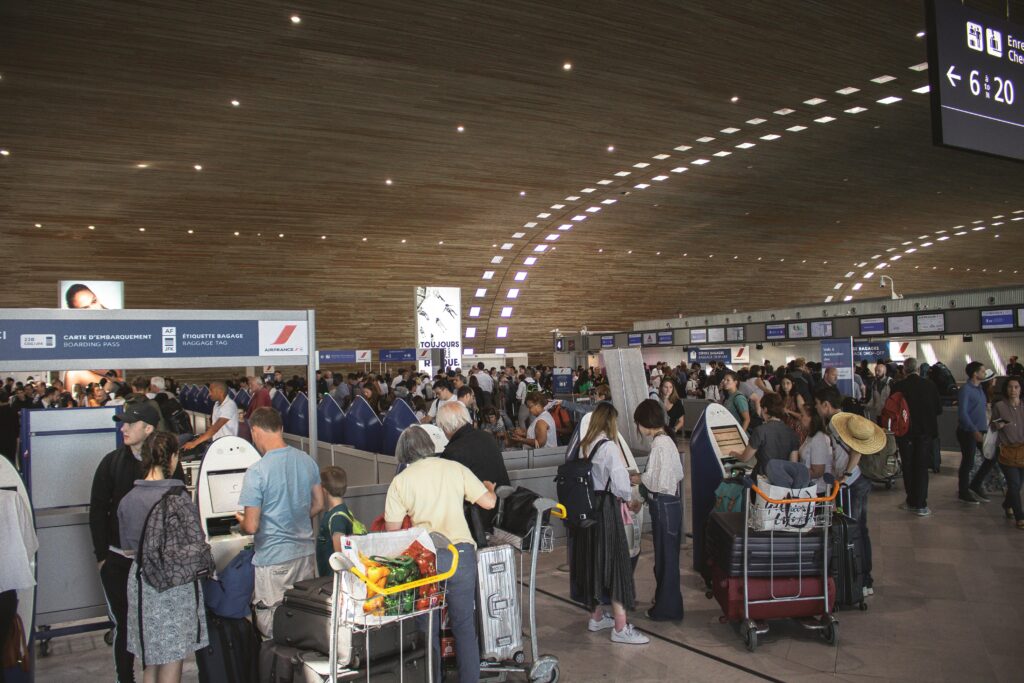
At Bali airport (DPS), you can find the IMEI registration counter right in front of the Customs X-Ray area before you exit. It’s very convenient. If you’re flying into Jakarta’s Soekarno-Hatta Airport (CGK), go to the International Departures Terminal (T3).
The registration counter is on the second floor, at the end of the hall on the left, behind the zone 1 counters. Just be aware that there might be a line, especially during busy times. Registering your phone’s IMEI at airport customs upon arrival can help avoid significant taxes, especially for phones over $500.
At smaller airports like Surabaya (SUB) or Yogyakarta (YIA), the registration desk is right next to the baggage claim area, just before you leave the arrivals section.
When it’s your turn, you’ll need to show a few things:
Your mobile phone
- A QR code image (they’ll use this for the registration)
- Your passport
- The boarding pass from your flight into Indonesia
- The receipt from when you bought your phone (If you have it)
You can conveniently purchase tourist SIM cards, including the Telkomsel Tourist Card, at official counters at Bali airport. These options are designed for short-term visitors and make getting connected right after arrival easy.
The staff will handle everything from there, and you’ll usually get confirmation by email. Your phone should be ready to use in about two to three hours. Having a KITAS/ITAS residence permit allows you to benefit from a reduced tax rate on your imported phone, emphasizing the importance of this permit for financial savings during the import process.
Once your phone is connected, you can use Google Maps for easy navigation around Bali. This makes it simple to get around with ride-hailing apps or on your own.
How to Whitelist Your Blocked IMEI
If your phone’s IMEI has been blocked in Indonesia, possibly due to suspected theft or fraud, you’ll need to take steps to unblock it. Here’s a guide on addressing this issue, which is especially useful for visiting Bali.
Steps to Unblock a Blocked IMEI in Indonesia:
- Contact Your Mobile Phone Operator: Start by contacting your service provider. This is a crucial step because your carrier will have the necessary details about why your IMEI was blocked and can assist in resolving the issue. If the phone is rightfully yours and there has been a misunderstanding, your provider can unblock the IMEI.
- Using Third-Party Services: If the carrier cannot help you unblock the IMEI or needs a faster solution, you can opt for third-party services. These services can unlock your phone’s IMEI for a fee. Make sure to select a reliable service to avoid scams.
- Documentation and Proof: Be prepared to provide necessary documents such as your passport, proof of purchase of the phone, and any other relevant information that proves your ownership and the legitimacy of the phone’s use. This documentation can be crucial in clarifying any misunderstandings that led to the IMEI being blocked.
- Check Local Requirements: If you’re in Bali and face an IMEI block, it might be related to local regulations. Ensure that your phone meets all local requirements for mobile devices, which could involve registering the phone officially through the Indonesian Directorate General of Customs and Excise.
- Customs Officer Interaction: When arriving in Indonesia, you may need to interact with a customs officer regarding your phone. Be prepared to answer questions about the purchase details of your phone. Many travelers prefer to avoid this interaction by ensuring their phone is appropriately registered before leaving the airport.
- Registration Procedures: Follow the registration procedures for IMEI in Indonesia, which must be completed within 24 hours of arrival in the country, specifically before leaving the airport. This is crucial to avoid any issues with your phone’s IMEI being blocked.
- Legal Advice: In cases of a dispute or other complications, consider seeking legal advice. This is particularly relevant if the phone was bought second-hand or there’s a suspicion of it being involved in illegal activities previously.
Do I need to register the IMEI of a phone I bought in Indonesia?
If you bought your phone in Indonesia, you don’t need to register the IMEI separately, as it should already be registered or recognized under the local regulations. Phones purchased nationwide are typically ready to use with local networks without additional IMEI registration steps.
However, to register an imported phone, you must provide technical data, including the phone’s model, specifications, and personal and purchase information.
Tourists can register their phones for free at any official office of a mobile operator if their stay is less than 90 days, making the process convenient and straightforward. This makes the process easier for locals and tourists who buy their devices within Indonesia to avoid the hassle of IMEI registration for imported phones.
Troubleshooting & FAQs: IMEI Registration in Bali
My phone wasn’t connected to the local network after registration. What should I do?
If your phone doesn’t connect to Indonesian networks within 24 hours of registration, try the following:
- Check your email: Ensure you’ve received the confirmation email from customs.
- Restart your phone: Sometimes, a simple reboot can help.
- Visit a local phone shop: If issues persist, seek assistance from a reputable mobile store or your accommodation’s reception.
Some older or less common phone models may not be recognized immediately, requiring additional support.
I forgot to register my phone at the airport. Can I still do it later?
Yes, you can register your phone at a local customs office within 60 days of arrival. However, to benefit from the USD 500 tax exemption, registration should be completed within five days of arrival. Late registrations may incur taxes on the full device value.
My phone has two SIM slots. Do I need to register both IMEI numbers?
Yes, if your phone supports dual SIMs, you should register both IMEI numbers to ensure full functionality with local networks.
I’m a frequent visitor to Indonesia. Do I need to register my phone each time?
If you’ve previously registered your phone and it’s still valid, re-registration isn’t necessary. However, some travelers have reported issues with blocked phones after 90 days, even with prior registration. In such cases, consider using an international eSIM to avoid repeated registrations.
Can I use an international eSIM to bypass IMEI registration?
Yes, using an international eSIM from providers like Nomad or Airalo can allow you to access mobile data without registering your phone’s IMEI in Indonesia. This is a convenient option for short-term stays or frequent travelers.
Is there a limit to the number of devices I can register?
Yes, each traveler can register up to two devices (phones or tablets) under one passport. To comply with regulations, ensure you declare all devices upon arrival.
Ready to Apply or Extend Your Visa?
Let our visa specialists handle your application.


